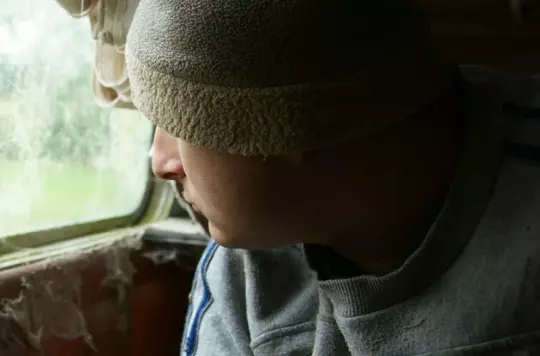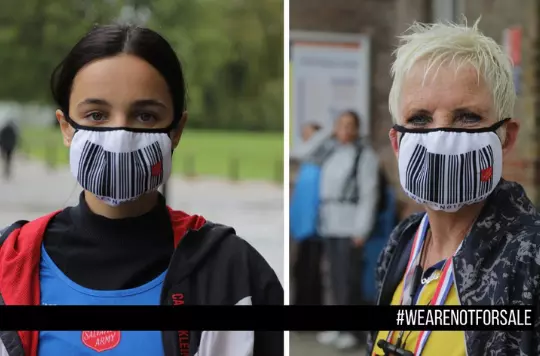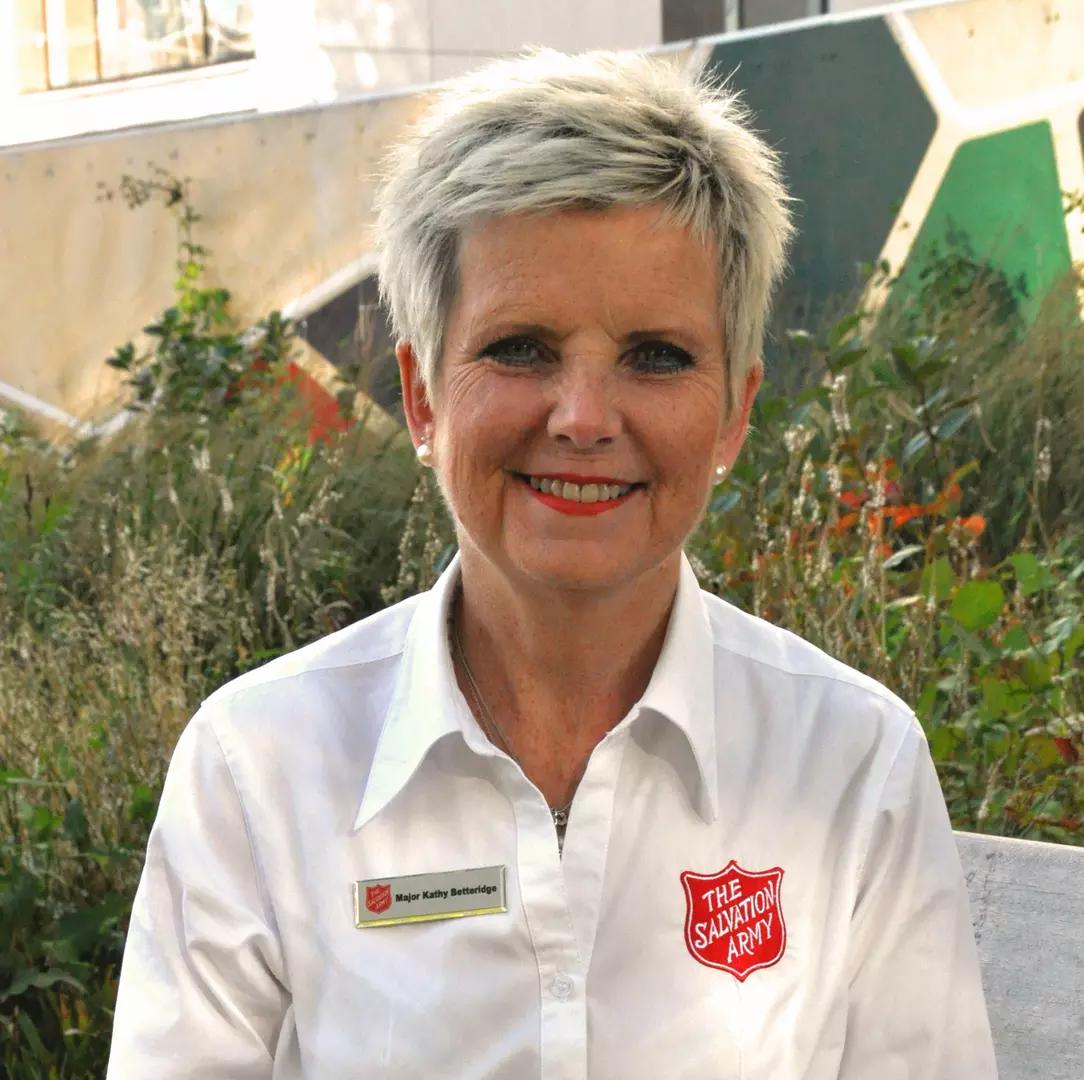Record numbers of UK nationals need help to break free from slavery
published on 14 Oct 2020
New figures show The Salvation Army supported 79% more British slavery survivors than the previous year despite a fall in referrals during lockdown.
Although the church and charity is working with more victims of modern slavery than ever before, there are many more in our communities affected by this criminal activity who have yet to be reached.
The figures are part of The Salvation Army’s 9th annual report on its work to provide specialist support to adult victims of modern slavery in England and Wales through a government contract. The report has been released ahead of Anti Slavery Day on 18 October.

Of the 243 British modern slavery victims supported last year:
- 111 were coerced into criminal exploitation
- 70 were victims of forced labour
- 46 were forced into sexual exploitation
- Nine were trapped in domestic servitude
- 40% were aged between 18 and 25
Overall, from July 2019 – June 2020, 2,592 people entered into The Salvation Army’s network of safe houses and outreach workers – a 15% rise on last year.
This year’s report is monitoring a new category of criminal exploitation which accounted for 11% of cases. Criminal exploitation includes forced begging, financial exploitation and drug dealing commonly through a practise known as ‘county lines’ where criminal gangs target vulnerable adults and children.
For the third year running forced labour, which includes working in industries such as farming and factories, continues to be the most common type of slavery making up 42% of referrals. Numbers of victims of sexual exploitation and domestic slavery remained steady at 33% and 10%.
For the first time since 2011, more men (51%) than women (49%) were referred this year and there was a dramatic 79% increase in British nationals – the second most common nationality.
For the past seven years the largest number of people supported by The Salvation Army have come from Albania. This rose again with a record 610 Albanians supported last year. However, for the first time this was caused by a dramatic spike in men from Albania exploited in forced labour and crime, up from 67 to 176. In contrast there was a small decrease from 468 to 434, in female Albanians, who were mainly victims of sexual exploitation. Other nationalities experiencing sharp rises were India, Pakistan and Iran.
Major Kathy Betteridge, The Salvation Army’s Director of Anti Trafficking and Modern Slavery, said: “As we face the biggest economic downturn in recent years, we anticipate the fallout from the pandemic will leave many more people in poverty and at risk of exploitation.
"The reduction in the number of referrals to The Salvation Army during the first three months of lockdown greatly concerns us. This suggests people who might have been identified have become even more hidden. We believe many are still in the living nightmare of slavery without knowing how to get help.
"Further lockdown restrictions mean we are spending more time at home and there are fewer physical interactions for suspicions to be raised. When the public do leave their homes, we need them to know how to spot the signs of slavery, how to report it and spread awareness.
"Our commitment remains as strong now as ever. I applaud the incredible resilience of the people we help as they rebuild lives that were shattered by modern slavery. We need the public to help find others still hidden in slavery so they too can get the help they need and deserve.”

The Salvation Army has held the government contract to provide specialist support to adult victims of modern slavery in England and Wales since 2011. In that time, the organisation has supported more than 12,500 people through safe accommodation, outreach support and specialist services.
Throughout the pandemic, The Salvation Army and its partners, continued to provide specialist support for slavery victims. In the first few months of lockdown staff worked hard to quickly adapt operations to ensure safe interactions, moving some support online and introducing new services.
To further spread awareness of modern slavery The Salvation Army has added special edition face masks to its #WeAreNotForSale campaign. The design features a barcode to symbolise how slavery treats people as objects that can be bought and sold. Masks can be bought for £5.99 via the organisation’s online shop: http://www.sps-shop.com/ with all proceeds going towards the charity’s Victim Care Fund. This fund provides vital additional support to help survivors of slavery move on with their lives. This might be a deposit for someone to move into their own home, clothing for a job interview, or a bike to get to work.
The Salvation Army’s confidential 24/7 referral helpline 0800 808 3733 is there for anyone who suspects that they or someone they have come across may be a victim of modern slavery and in need of help.
To learn more and support the campaign please visit https://www.salvationarmy.org.uk/modern-slavery/anti-slavery-day.
